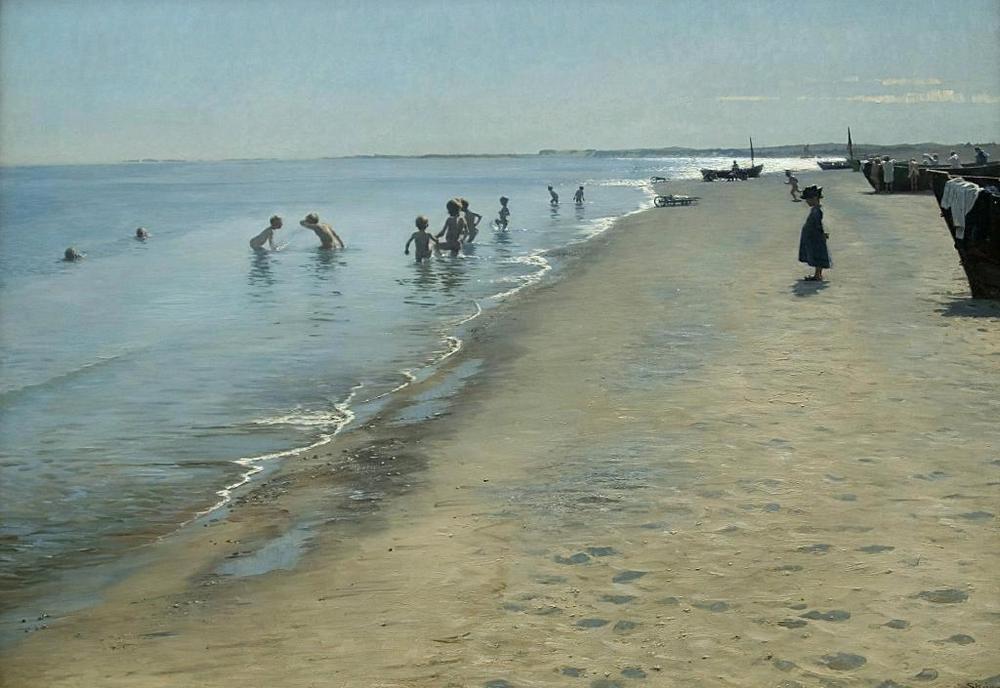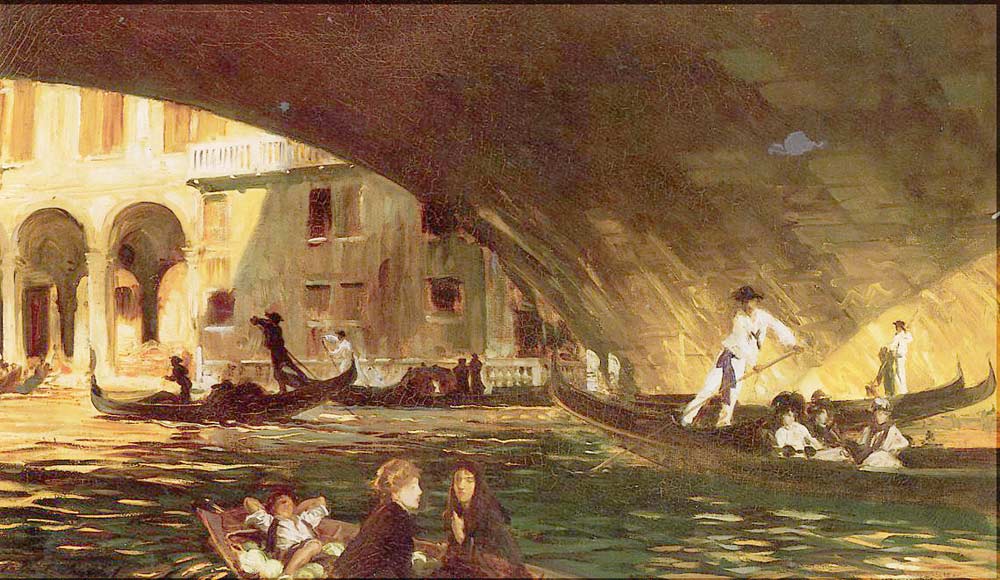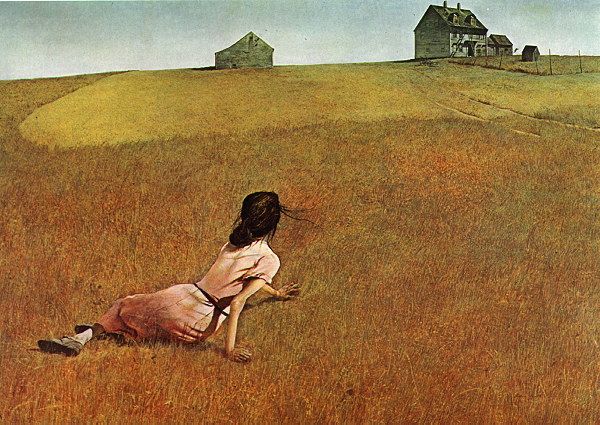'11-'12, at JCCC.
Fall 2011: Calc I, Art, English (Intro to Lit Theory), German I
Spring 2012: Calc II, English (old Brit lit?), German II, Physics I?
Summer 2012: Whatever I can take! Physics II, German III, Linear Algebra...?
'12-'13, at... KU? Hopefully. NOT in the school of engineering.
Fall 2012: Physics II or Linear Algebra (whichever I didn't already take), Chem I, English (new Brit lit?), German IV
Spring 2013: English (Shakespeare), Intro Comp Sci, Chem II, Statics and Dynamics
Summer 2013: Econ I, AutoCAD
PROBLEM: I need 9 humanities credits somewhere in here! Or. maybe? I don't know. I already have some credits in something, but I don't know how many/which ones will count.
'13-'14, at KU? In a School of Engineering, definitely.
Fall 2013: this is all planned out for transfer students at KU into Enviro Eng. 17 credits.
Spring 2014: also all planned out for transfer student at KU. 17 credits.
Summer 2014: two or three free classes. English? Maybe 9 credits.
'14-'15, same as previous year.
Fall 2014: all planned out already for transfer students into KU's Enviro Eng dept. One elective, maybe English? Unless they need to be in engineering. 17 credits.
Spring 2015: All planned out. Two electives, maybe both English? Unless they need to be in engineering. 18 credits.
Summer 2015: I'd like to be DONE, but maybe a few more credits to fill out English?
Without summer 2015, I'd have 30 English credits IF the electives aren't req'd to be engineering. If they are, then I'd need summer 2015. Of course, I'm a little squished when it comes to timing... I doubt all of the classes I need are offered over the summer. So. Not sure what to do there.
So that's my attempt to double major in English and Enviro Engineering! Whee!
EDIT: Approx credit per semester of above outline; approx cost per semester
'11-'12. JCCC.
Fall 2011: 16 credits; $3,024
Spring 2012: 18 credits; $3,402
Summer 2012: 6 credits? 9?; $1,134 or $1,701
'12-'13. KU.
Fall 2012: 18 credits; ($279*18)+($45*0)+($858/2) = $5,451
Spring 2013: 16 credits; ($279*16)+($45*3)+($858/2) = $5,028
Summer 2013: 6 credits? 9?; $???
'13-'14, KU, School of Engineering.
Fall 2013: 17 credits; ($279*17)+($45*17)+($858/2) = $5,937
Spring 2014: 17 credits; ($279*17)+($45*17)+($858/2) = $5,937
Summer 2014: Maybe 9 credits; $???
'14-'15, same as previous year.
Fall 2014: 17 credits; ($279*17)+($45*14)+($858/2) = $5,802
Spring 2015: 18 credits; ($279*18)+($45*12)+($858/2) = $5,991
Summer 2015: less than 9 credits; $???
Total cost: 3024+3402+1701+5451+5028+5937+5937+5802+5991= $42,273+(3 summers)
Total output: Environmental Engineering degree, English degree, 4 semesters of German























































